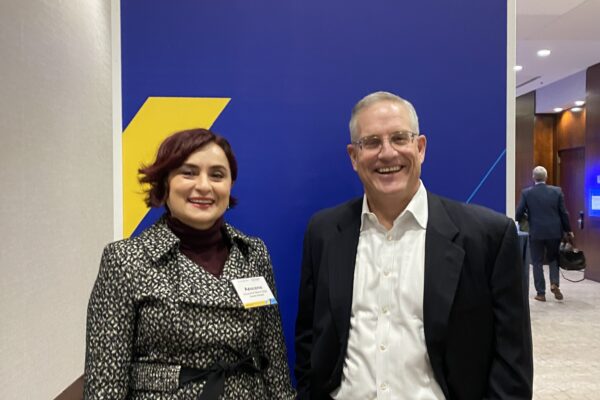1-14-22 2022 Medicaid Income and Resource Allowances
Happy New Year from the Medicaid Planning Group at Woods Oviatt Gilman!
With the New Year comes new Medicaid income and resource allowances. As of January 1, 2022, an applicant is eligible for Medicaid once he or she has less than $16,800 in countable assets (bank and financial accounts, stocks, bonds, non-retirement investments, the cash value of life insurance policies, etc.). The applicant's house, one vehicle, and retirement accounts continue to remain exempt from this total.
If the applicant has a spouse living in the community, the spouse must also be under what's called the community spouse resource allowance ("CSRA") in order for the applicant to be eligible for coverage. The CSRA to which the spouse is entitled ranges between $74,820 and the new 2022 maximum amount of $137,400. The CSRA for any particular couple depends upon how much the couple has in total, countable resources before the application is made for Medicaid. However, if the applicant or the spouse have excess resources, the applicant can still get Medicaid with proper planning strategies! Please reach out to us to discuss your options.
Once the applicant (and spouse, if the applicant is married) has resources below the resource allowance, he or she is eligible for Medicaid. The applicant's monthly income then determines how much will have to be paid toward the cost of care each month. If the applicant is single and in a nursing home, he or she can expect to pay almost all of his or her monthly income to the nursing home. There is a deduction for health insurance premiums and a $50 income allowance, but the rest must be contributed to his or her care.
If the applicant is married and in a nursing home, the same rules still apply, but there is an additional deduction on the monthly nursing home bill if the spouse has monthly income below $3,435 per month. If so, the spouse gets to keep enough of the applicant's monthly income to bring the spouse's total monthly income up to $3,435 per month. On the flip side, however, if the spouse has income above $3,435 per month, the spouse will be asked to contribute a quarter of the excess amount toward the applicant's monthly nursing home cost in addition to all of the applicant's income.
If the applicant is applying for Community Medicaid coverage outside of a nursing home setting, the monthly income allowance is $934 for a single applicant and $1,367 for a couple. Income in excess of this amount is referred to as a spenddown. In order for applicants to have active Medicaid coverage, applicants must "meet" the spenddown in one of three ways: (1) by paying an amount equal to the spenddown to the local department of social services each month; (2) paying or incurring medical bills equal to or greater than the spenddown each month; or (3) by putting the excess income into a pooled income trust each month. The money in the pooled trust can then be used to pay other, non-medical bills that the applicant has (utilities, rent, credit card bills, and other miscellaneous expenses). Feel free to contact us to learn more about how you can get Medicaid with excess income and protect that excess income by enrolling into a pooled income trust.
We also want to pass along an update regarding the anticipated lookback period of 30 months. We had previously written about this new 30-month lookback for Community Medicaid on December 10, 2020, and August 3, 2021. Here we are now in January of 2022 and the new lookback still has yet to go into effect. Due to the continuing Covid-19 Federal Emergency Declaration, we do not expect the new lookback to be implemented until, at the earliest, July 1st of this year (2022). We will certainly pass on any updates impacting planning as soon as we learn of them.


